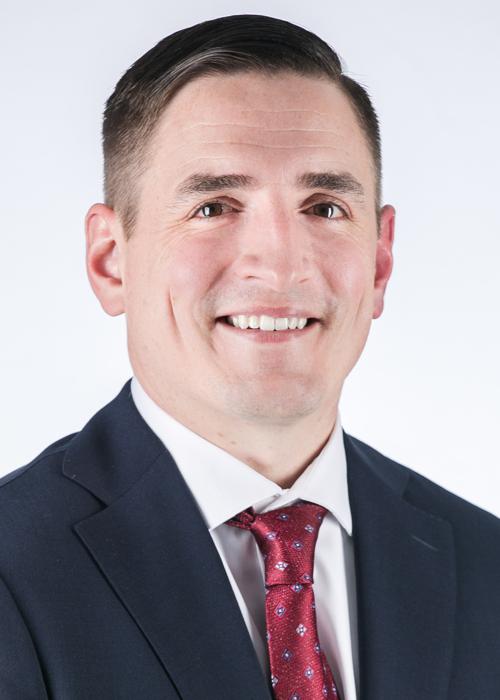Respiratory Care
The simple act of breathing is not something most people think about - until they can’t breathe normally. As a Respiratory Therapist, you will use a combination of scientific standards and practices to discover, manage and prevent dysfunctions of the cardiopulmonary system.
Respiratory Therapists work with medical direction at sites such as wellness centers, medical offices, asthma clinics, sleep disorder centers, and in hospitals. The patients you care for will rely on you to help diagnose lung and breathing disorders, determine therapies, and implement and manage ongoing care and treatment programs.
Nebraska Methodist College / Chadron State College
Respiratory Care Partnership
Chadron State College has collaborated with Nebraska Methodist College (NMC) to create a new program in the exciting field of Respiratory Therapy. In as little as four years, CSC students will concurrently earn a Bachelor of Science with a Comprehensive Major in Health Sciences with a General Health Care Option at CSC and an Associate of Science in Respiratory Care at Nebraska Methodist College.
Program Overview
- Choose question
In this 3+1 program, students will study human physiology and the cardiopulmonary system and learn critical thinking and communication skills, patient assessment skills, disease management protocols, and how to develop care plans through a combination of classroom instruction and clinical-based practice.
A student-to-faculty ratio of 3:1 guarantees students will have a hands-on experience in the clinical setting.
“I graduated from Chadron State College in 2006. I was a participant in the Rural Health Opportunities Program for medicine. While at Chadron State College, I received exceptional instruction, guidance, and mentorship. When starting professional school, I felt "ahead of the curve" in comparison to my peers thanks to the preparation I had received during my time at Chadron State. I think this new program is an exceptional opportunity for future students to pursue and it is a tremendous honor to be able to help give back to the area, community, and school that helped launch my career. I am excited to help the future generation of healthcare providers also launch theirs.”
Adam D. Wells, MD FCCP
Co-Medical Director, Nebraska Methodist College Respiratory Care Program
Clinicals can be completed at:
- Alliance
- Chadron
- Gordon
- Omaha (for urban experience)
- Or a combination of both rural and urban
Characteristics of successful candidates
A strong aptitude for health sciences, professionalism, and a genuine empathy for others is what makes Respiratory Therapists vital members of a medical team.
Benefits
Upon successful completion of the program, students are prepared to sit for the Certified Respiratory Therapist (CRT) exam, which leads to the advanced practitioner exam to earn the Registered Respiratory Therapist (RRT) credential.
Employment Outlook
According to the Bureau of Labor Statistics, the median salary in 2019 (pre-COVID-19) for a Respiratory Therapist in the U.S. was $61,330 per year, with a much faster than average projected job growth of 19 percent until 2029.
Respiratory therapists typically need an associate’s degree, but greater advancement opportunities exist for those with a bachelor’s degree. Respiratory therapists are licensed in all states except Alaska; requirements vary by state.
Accreditation
Chadron State College and Nebraska Methodist College are accredited by the Higher Learning Commission. The Associate of Science in Respiratory Care, CoARC Program ID 200368, holds Continuing Accreditation by the Commission on Accreditation for Respiratory Care (CoARC) for Entry into Respiratory Care Professional Practice, www.coarc.com.

